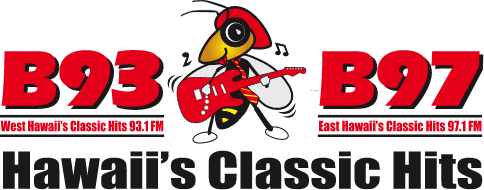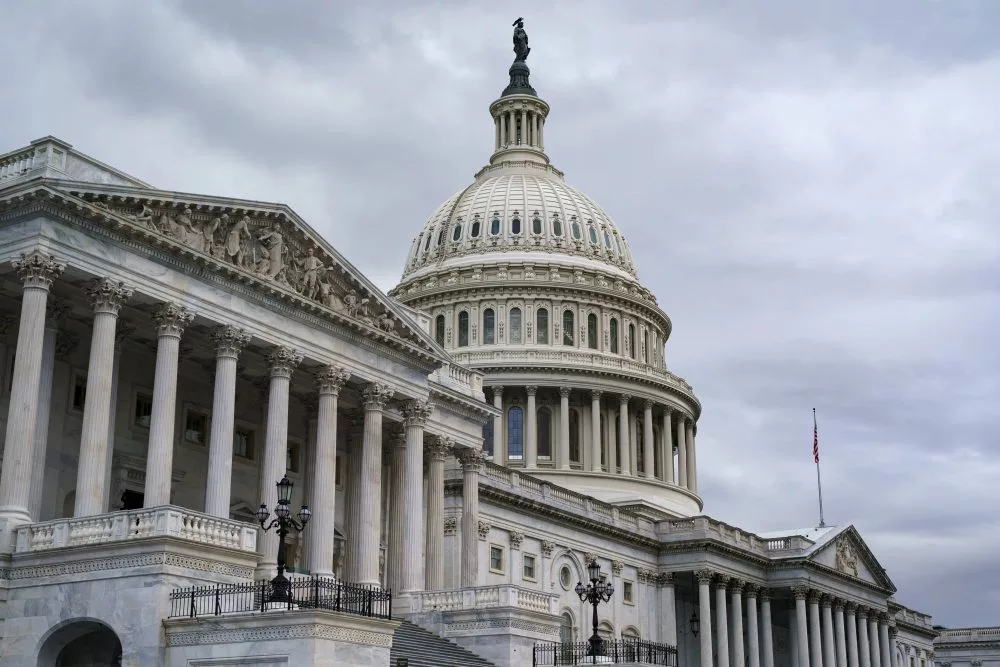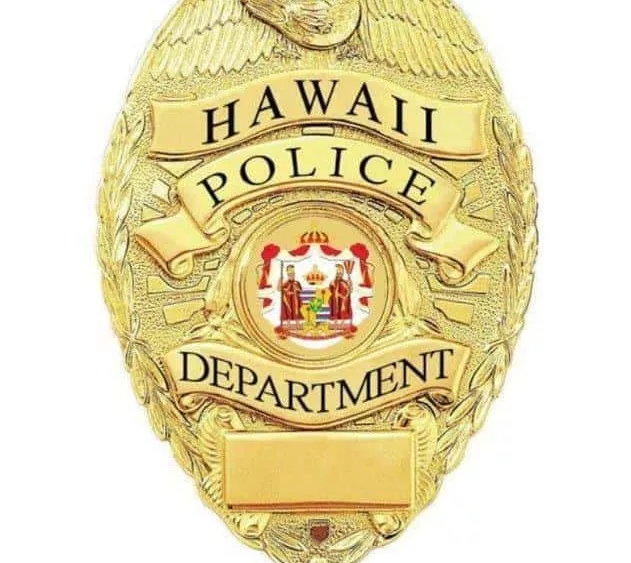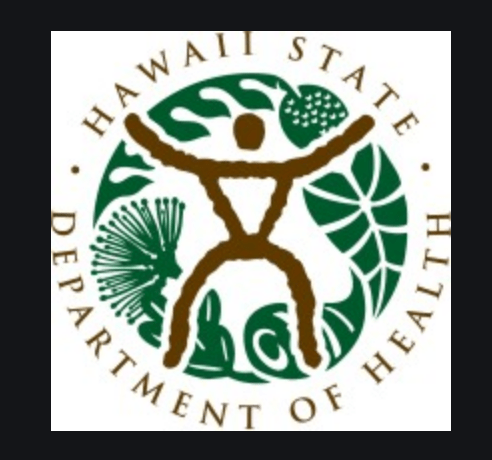Yesterday, U.S. Senators Mazie K. Hirono and Brian Schatz along with U.S. Representatives Jill Tokuda and Ed Case reintroduced the Parity for Native Hawaiian Veterans Act, legislation to improve the affordability of health care services for Native Hawaiian veterans.
Among other things, the bill would eliminate copays for Native Hawaiian veterans for care received through the Department of Veterans Affairs (VA) and would enable Native Hawaiian Health Care Systems to seek direct reimbursement from VA for care provided to Native Hawaiian veterans.
In 2023, copays were eliminated for American Indian and Alaska Native veterans receiving health care and urgent care through VA. Additionally, Indian Health Service (IHS)/Tribal Health Programs or IHS-funded Urban Indian Organizations providing care to eligible American Indian and Alaska Native veterans are currently able to seek direct reimbursement from the VA for care rendered. The Parity for Native Hawaiian Veterans Act would create parity for Native Hawaiian veterans by eliminating copays and codifying the same reimbursement relationship between VA and the Native Hawaiian Health Care Systems. The bill would also change the statutory definition of Native Hawaiian under Title 38 to better reflect the current relationship VA has with Native Hawaiian veterans.
The Native Hawaiian Health Care Systems aims to improve the health of Native Hawaiians living in Hawaii by advocating, initiating, and maintaining culturally appropriate strategic actions aimed at improving physical, mental and spiritual health. There are five systems, each serving different islands, that offer a range of health care and other services, including primary care, mental health, and fitness programs.





